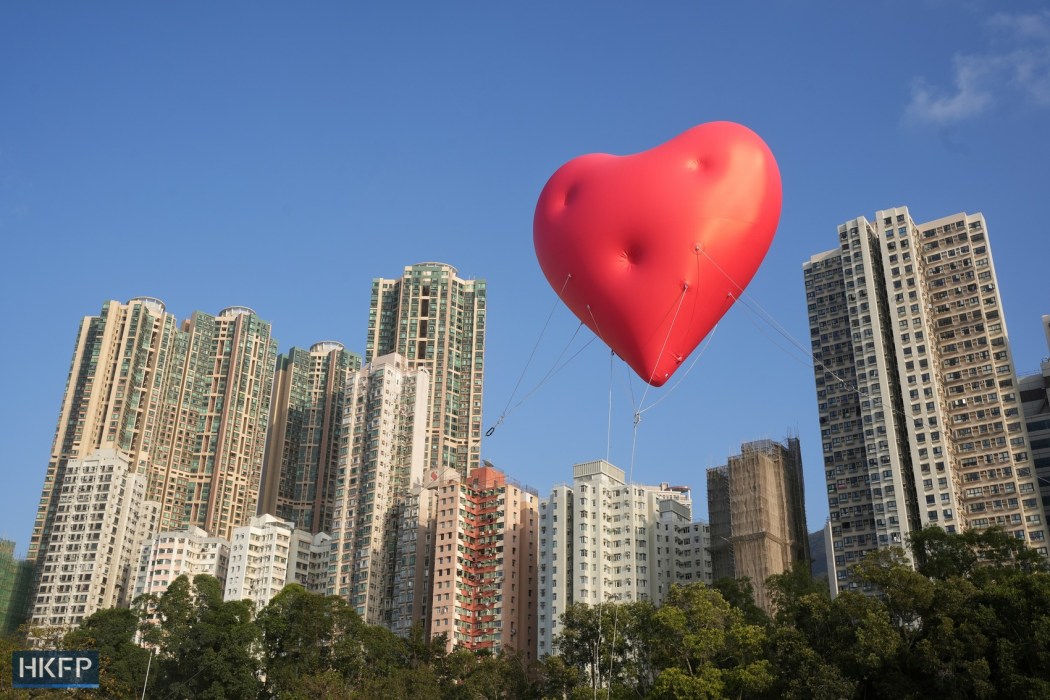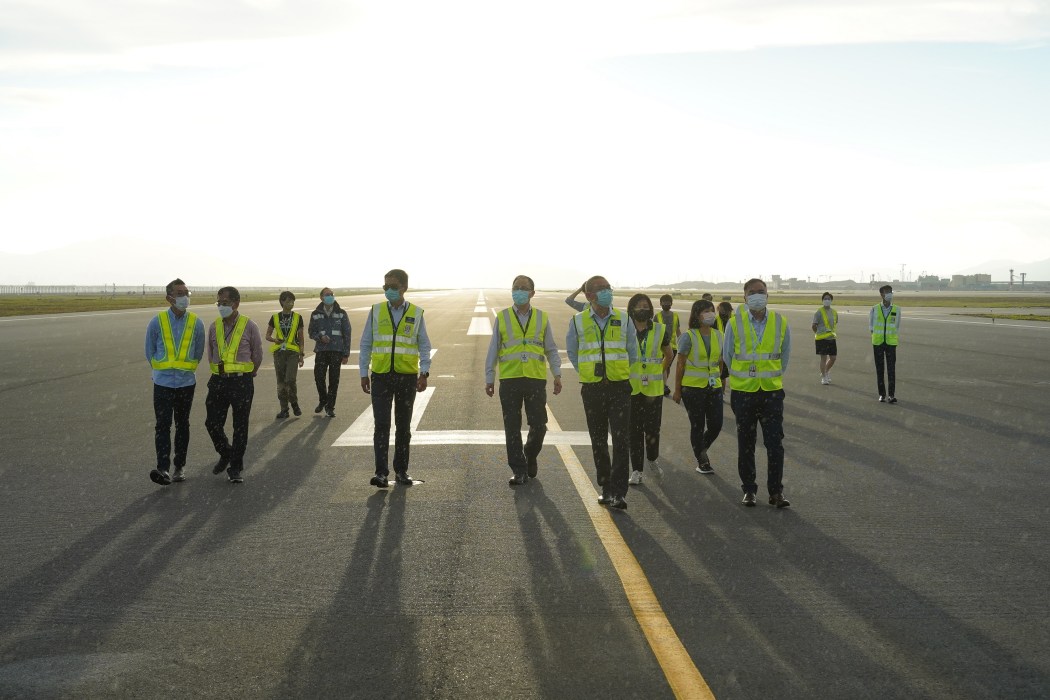What, I wonder, is a mega event? This question arises from a Legislative Council answer provided by our newly minted Secretary for Culture, Sports and Tourism Rosanna Law.
Law gave a glowing report on her branch’s efforts to boost tourism. You might even wonder, reading her update on the situation, what her predecessor did wrong.
According to Law, as reported in the China Daily, there were 110 mega events in the first half of this year. I do not remember hearing or reading about 110 events worthy of the “mega” label, which according to the Cambridge Dictionary means “very good or very big.”
And the fact that these events are allegedly happening at a rate of about 18 a month, or roughly one every two days, suggests that the adjective has been devalued by overuse. This suspicion was not dispelled by the China Daily, which illustrated the happy news with a picture of the Hong Kong Sevens, and in the article mentioned only the Art Basel culture fest.
Both these events have been staged annually for many years. They may be well be “mega,” but giving the credit to the current culture, sports and tourism bureaucracy seems a bit of a stretch.

Law said the mega events had attracted 550,000 tourists who spent HK$2.4 billion, and also contributed a “value add” of HK$1.4 billion, a mysterious extra benefit which she did not explain. These are big numbers, at least until you look at the official Hong Kong Tourism Board visitor figures for the same period, which run to about 3.5 million per month.
Well, the show goes on. Law said HK$100 million had been earmarked for the Mega Events Coordination Group’s work over the next three years. It is difficult to know what is happening here.
We do not know which of these events are a result of official inspiration, and which are items which were going on anyway, but were happy to sport the “mega event” label in return for a chance to bid for some cash and get free publicity when the Tourism Board, in Ms Law’s mellifluous phrase, “leveraged its global network to carry out publicity in the Chinese mainland and overseas.”
Doubts arise. As a product of the post-war baby boom, I witnessed years of arguments in the UK about which activities should be undertaken by government and which by the private sector.
But even avid seekers of public control of the “commanding heights of the economy” recognised that arts and culture were best left to voluntary and commercial effort. If subsidies were provided this should be done in a way insulated from official control, like the money given to universities.

The reason for this is the general experience that officially devised entertainments will be either uninspiring, loss-making or both.
There is, to put it politely, no evidence that Hong Kong is exceptional in this matter. Money effortlessly disappears in the Magic Kingdom, Ocean Park and Water World. The West Kowloon Cultural District is looking for a lifeboat, probably involving the fine art of selling expensive flats.
I seem to have caused some confusion last week by mentioning the Capital Works Fund in the same column as the third runway, which was not financed that way. Besides milking passing passengers the airport took on HK$110 billion of debt – which, whatever the fine print says, is effectively backed by the Hong Kong government.
My point was that having a huge pile of money which could only be spent on building encouraged a mindset in which any pyramid, sphinx or ziggurat could be erected free from financial concerns because the supply of money was apparently unlimited. This led to extravagant choices, of which the third runway was one.

The idea that events should be supported by an all-purpose body selecting items on the basis of their prospects as tourist attractions is another. How are meaningful comparisons to be made between – say – a golf tournament, a performance of Aida and a chance to be bored in a conference centre by the CEOs of several international companies?
Money will be spent, certainly, but much of it will be wasted on events which would have happened anyway, or events to which the “mega” label is a polite joke. What is to be done?
In the long run we need perhaps to consider that erecting a pyramid without considering the running costs is a recipe for unhappiness. Museums and theatres are not supposed to make money. They are supposed to be provided as a service to the public and this implies a willingness to provide continuing support.
We also need to consider that what is happening today is not always a reliable guide to what will happen tomorrow. Shit, as they say, happens. Since the Handover, Hong Kong has had to deal with an Asian financial crisis, political upheavals, and two epidemics. Technologies and tastes have changed rapidly. The rosy scenario is not always the one we get.
More immediately, as the government is wallowing in a financial crisis, perhaps it could start by cancelling the Mega Events Coordination Group and saving HK$100 million. The government’s role in fostering mega events should be confined to ensuring there are suitable venues for them.
Left to themselves, the relevant industries will produce a steady flow of conferences, festivals, shows, opportunities to buy expensive items or to watch Lionel Messi watch a football match. The SAR government can stay out of show business.
Type of Story: Opinion
Advocates for ideas and draws conclusions based on the interpretation of facts and data.
Support HKFP | Policies & Ethics | Error/typo? | Contact Us | Newsletter | Transparency & Annual Report | Apps
Help safeguard press freedom & keep HKFP free for all readers by supporting our team
| HKFP is an impartial platform & does not necessarily share the views of opinion writers or advertisers. HKFP presents a diversity of views & regularly invites figures across the political spectrum to write for us. Press freedom is guaranteed under the Basic Law, security law, Bill of Rights and Chinese constitution. Opinion pieces aim to point out errors or defects in the government, law or policies, or aim to suggest ideas or alterations via legal means without an intention of hatred, discontent or hostility against the authorities or other communities. |

This post was originally published on here







